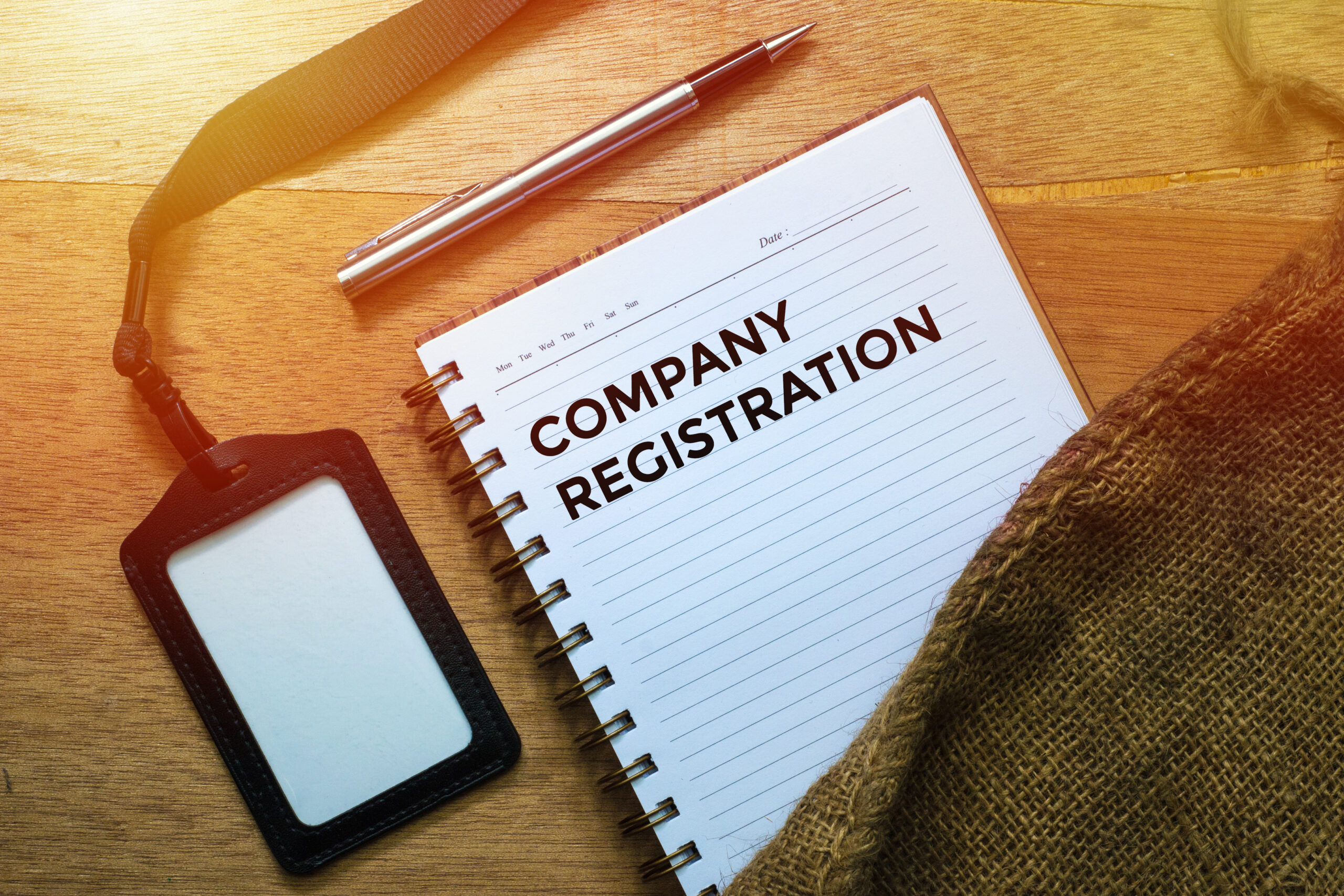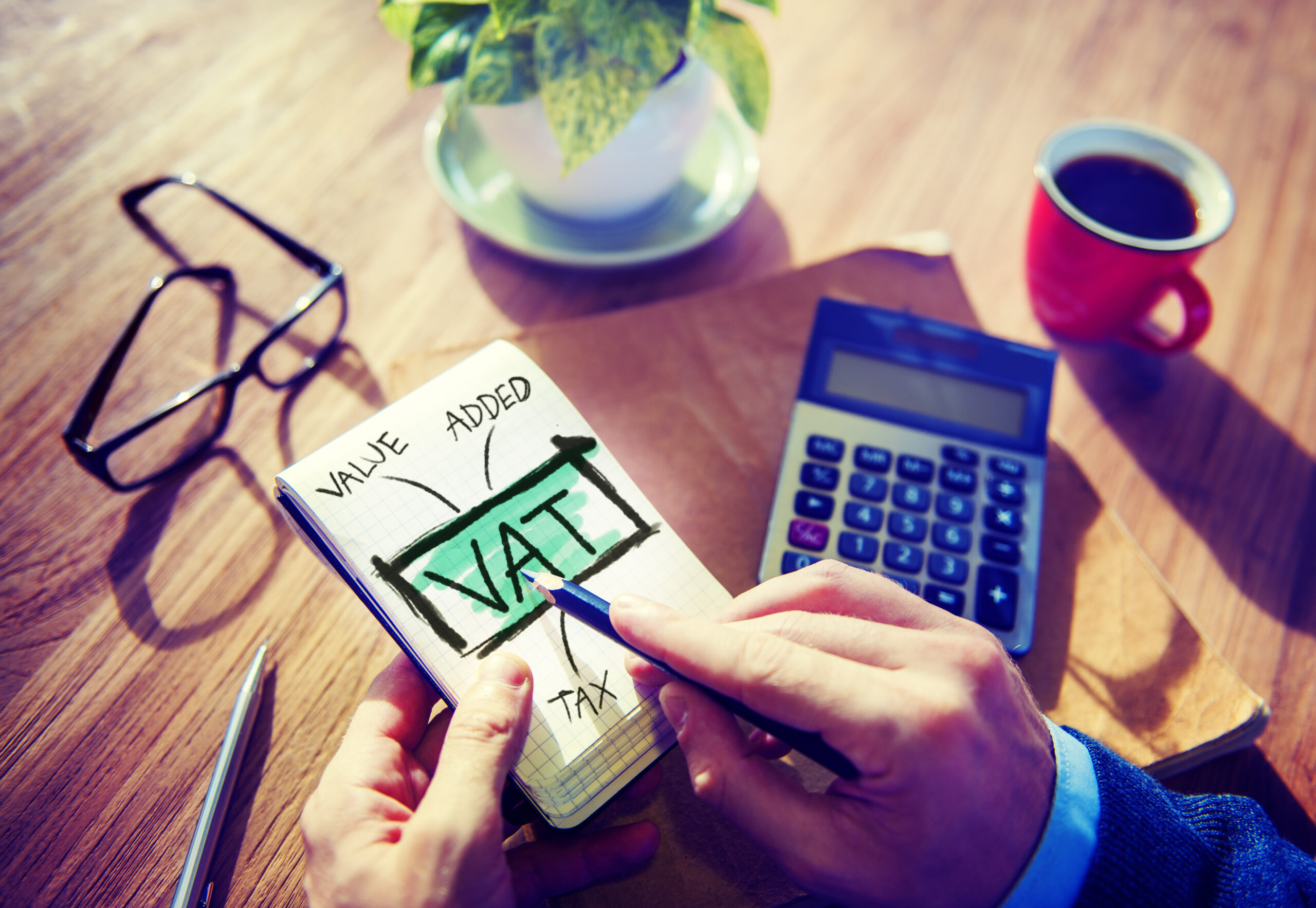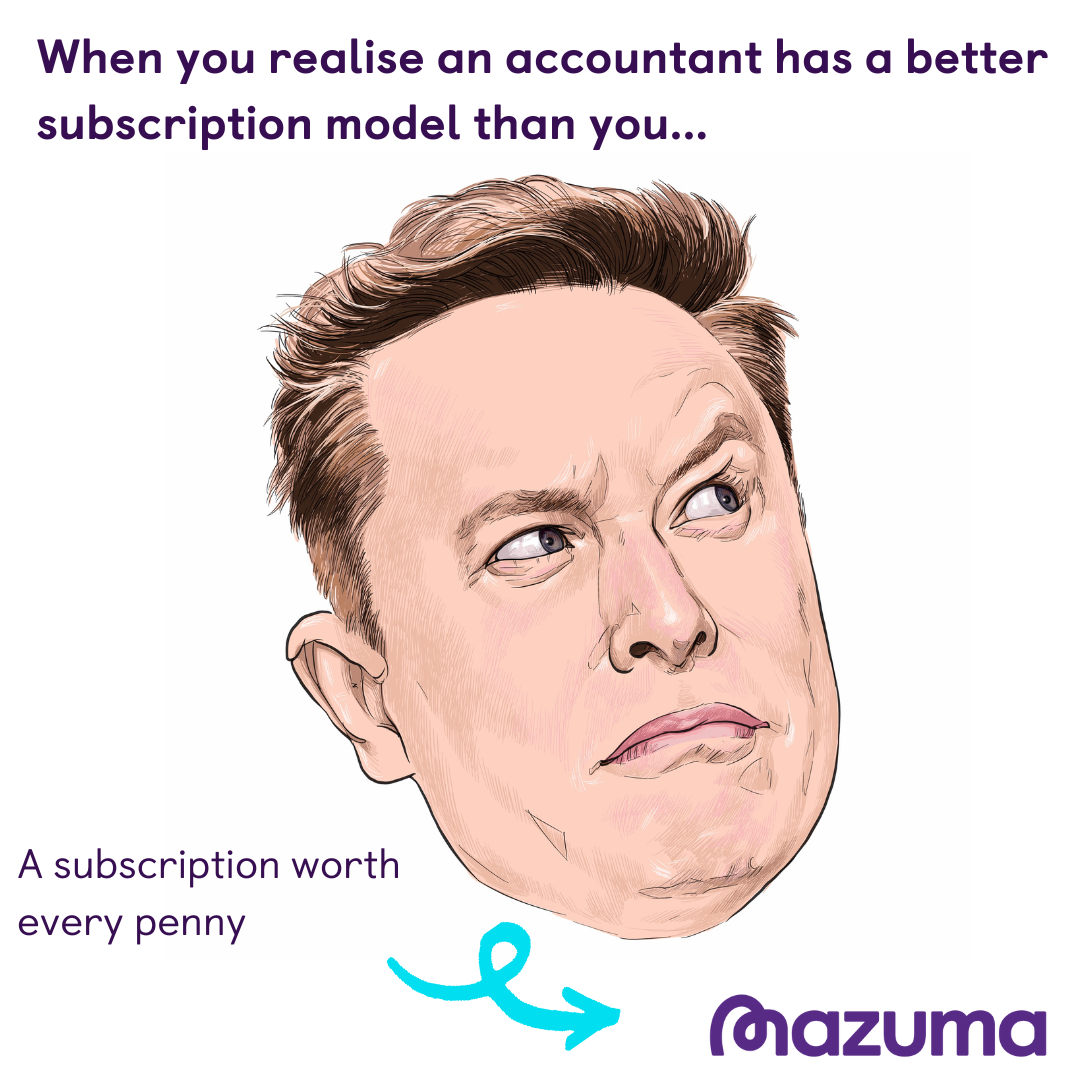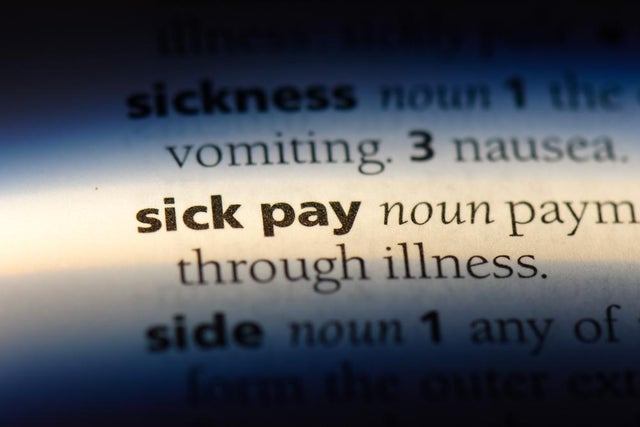
FAQs
Accounting Advice
Related Articles
Show all articles

Learn Basic Accounting: A Comprehensive Guide for Beginners

Why Is Accounting Important to Business?

What Are The 3 Basic Accounting Principles?

Personal Guarantees: A director’s guide

Navigating cash flow challenges as a small business

Autumn Statement November 2023

How to find a good Accountant

How to take money out of your Limited Company

Self Assessment Tax Return Fines

How to prepare financial forecasts

Online Accountant Subscription
Accounting Guides
Related Articles
Show all articles
Understanding Basic Accounting Principles

Understanding UK Accounting Standards and Financial Reporting Requirements

What Are The 3 Basic Accounting Principles?

How Much Should I Pay for an Accountant?

How to take money out of your Limited Company

How to prepare financial forecasts

What is a balance sheet?

Top tips on starting a new business

What is a Profit and Loss Account?

How to do a Self Employed Tax Return

How much tax does a Limited Company pay?

When should I become a Limited Company?
Accounting Services
The number of transactions is the approximate number of receipts and invoices you have over the year, or in other words, the number of bookkeeping entries we will have to make. Our average client has between 1000 and 2000 transactions a year (or under 166 per month).
The quote is based upon the type of business you operate (sole trader/ limited company etc…), any extra work required outside of your basic package such as VAT returns or additional payslips, and the what we would consider to be an average number of bookkeeping transactions
When you sign up with Mazuma you’ll be given details of how to contact your Accountant. Our prices are fixed fee so you can be assured that no extra bills will appear as long as you use the service fairly. You can get in touch with your Accountant in a variety of ways including email and phone. All that we ask is for you to be aware that when you call you may be asked for a time that your Accountant can call you back. We’re sure that you’d want your Accountant to give your accounts their full attention, so if they are working on a few tricky tax calculations they will call you back when they have finished.
People often ask us how our accounting service can be so cheap, querying how we it’s possible to be a cheap accountant who is also reliable and knowledgeable. Mazuma’s structure means that you have the right person doing the right job so we can keep our fees as low as possible. We make sure that our Chartered Accountants spend their time doing accounts and tax, not scanning and filing! This means that they can work more efficiently, keeping your fees down.
We do understand that we’re not a traditional accountancy firm and that our multi award-winning re-vamped way of working might not be everyone’s cup of tea. We think that most small businesses could benefit from a bit of Mazuma magic, but take a look at the reasons why we may not be right for you before you make a final decision! To make it easy we also explain how you can switch to us.
No. There is no minimum contract period or ‘tie-in’ .Please note that if you leave Mazuma part way through the year and have not come to your company year end we cannot refund you what you have paid each month as we will have advised you and acted on your behalf during that time, and the monthly work will have already been done and returned to you. In order for us to complete your year end accounts and tax returns we simply ask that you have been a client of Mazuma for one year or have made the equivalent of 12 monthly payments.
Yes. The fixed monthly price includes all of your year end statutory requirements and tax returns as well as your monthly bookkeeping, management accounts, payroll, VAT and other services you have selected in your quote – this will all be outlined in our terms and conditions we send you when you start with Mazuma.
Of course! You will be allocated your own Accountant, who will always deal with your accounts and tax as well as any ongoing questions you may have.
If you sign up with us part way through your financial year it is very likely that there will a catch-up of bookkeeping and accounts work to be done to get you up to date. For example, if your financial year commences in April and you sign up with Mazuma in July, your first payment to us will be 4 x £monthly price to cover April, May, June and July. Don’t worry though. you can split your catch-up payment over the first three months of your contract if you like! Once you’re all up to date you will just pay your fixed monthly price. In order for us to complete your year end accounts and tax returns we simply ask that you have been a client of Mazuma for one year or have made the equivalent of 12 monthly payments.
Awards
Bookkeeping
One of our financial experts will be assigned to manage your bookkeeping. They all have extensive experience with bookkeeping, payroll, financial statements, and bank reconciliations.
Definitely not! You’ll maintain complete control of everything, we simply do the fussy stuff for you. You’ll still make all decisions and approve all payments.
The number of transactions is the approximate number of receipts and invoices you have over the year, or in other words, the number of bookkeeping entries we will have to make. Our average client has between 1000 and 2000 transactions a year (or under 166 per month).
Company advice
Related Articles
Show all articles
How to take money out of your Limited Company

How to succeed as a small business during a recession

Choosing a Limited Company Accountant

Opening a Limited Company Bank Account

How to Pay Yourself From A Limited Company

Setting Up Limited Company: What You Need to Know

Sole Trader Vs Limited Company: What’s The Difference?

Pros and cons of a Sole Trader vs a Limited Company

The advantages and disadvantages of a public limited company

Advantages and disadvantages of a limited company

What home office expenses are tax deductible and how much can I claim?

The pros and cons of going self-employed
HMRC Letters
Invoicing
Yes, you can. To avoid dealing with a backlog of unpaid invoices, you can send invoice reminders to give your customers a friendly nudge. There is no need to send written reminders to your client, just send them a reminder!
There’s no need to learn the art of building an invoice from scratch with our invoice generator. Choose our professional invoice template and add your logo and other features that best suit your payment style. Once you’ve inputted your details, you can send your invoice straight off to your client.
Are you looking to send the same invoice every week? You don’t need to input your details every time manually. Revisit an existing template, edit your price and send your invoice in a few taps. If you don’t need to change the price, it’s even simpler: duplicate an old invoice and resend.
As a small business, you need invoicing software that takes the stress out of sending online invoices. There are many features of MazApp that make it ideal for small businesses: the ability to track payments in real-time, accept debit and credit card payments, set up recurring invoices, track income and expenses, and much more. MazApp is trusted by hundreds of small businesses in the UK.
If you’re looking for an easy way to send customised invoices, you need MazApp. It couldn’t be simpler to create and send an invoice – and once you’re familiar with our billing software, it’ll take you less than two minutes from start to finish. There’s no getting muddled with unpaid or part-paid invoices, either, as our invoice tracking tool makes it easy to keep up with what you’re owed.
Why pay a monthly fee for billing software when you could use a tool that’s just as helpful for no cost whatsoever? Some free invoicing and billing platforms are lacking in quality, so it’s essential to choose carefully. We’ve made it possible for you to create and send invoices without the hefty price tag.
If you’re looking for a simple way to send professional invoices online, MazApp is the best invoice software for you. Using invoice templates, you can quickly create and send invoices. It’s easy to view and track online payments with our all-in-one invoicing and billing software.
Related Articles
Show all articlesMaking Tax Digital
Yes – we use software that is compliant with Making Tax Digital. If you don’t want the stress or worry or setting up a new digital system, contact us today to see how we can ensure that your accounts are compliant with MTD.
Keeping digital records is a core aspect of Making Tax Digital. From now on you will need to keep your records in a digital format, stored on a computer or in the cloud. If you use handwritten invoices or receipts then you’ll have to transfer that accounting information into MTD compliant software before you submit your returns (or get your accountant to do it for you!).
Keeping digital records doesn’t mean you don’t have to keep original paperwork. Quite the opposite, in fact. Original paperwork still needs to be stored as it could be required by HMRC in the event of a tax or VAT investigation. For most businesses, it means keeping paperwork for at least six years, though for many (VAT MOSS) it is a minimum of 10 years. HMRC will accept digital copies of receipts and invoices, so you could scan documents and store them to save on storage space in the office. But who has time for that?
Something we pride ourselves on at Mazuma is digitising records for our clients who don’t want to use our app or their own MTD compliant software. If you prefer more traditional methods or are perhaps a little sceptical of a more digital future, you can send us all of your paperwork. We’ll scan and digitise it for you, saving you a lot of admin hassle and keeping you completely compliant with current and future MTD rules.
Yes, if you are VAT registered and your turnover is above £85,000, then the rules apply – it doesn’t matter if you’re a sole trader or a limited company! And eventually it is likely to apply to all businesses with a turnover over £10,000 as well as most individuals who submit tax returns – such as the self employed and landlords.
If you’re not VAT registered, we would still recommend that you use HMRC compliant digital accountancy software – especially if your business is close to the VAT threshold! It’s better to be prepared for when your business does cross the threshold.
It’s also worth noting that for non-VAT registered entities, you’ll soon most likely be required to submit some sort of return up to four times a year instead of once. If it’s going to take up too much of your time, or if it’ll cost you too much money, you can use a reliable accountant – like Mazuma – for just £38 per month plus VAT to sort everything for you. No stress – we’ve got you covered.
At the moment, no. Making Tax Digital won’t change how often you need to submit your vat return and you still have to send the same information. MTD will simply change how you record your finances as well as how you submit your quarterly VAT return to the powers at be, HMRC.
To become compliant with MTD, you need to use government approved software to record your accounts and submit your finances to HMRC. You can refer to HMRC’s software search tool to find out more, or you can use a reliable accountant who already uses MTD compliant software – like Mazuma – to sort it all for you. We know what we’d rather do!
Monthly management accounts
The quote is based upon the type of business you operate (sole trader/ limited company etc…), any extra work required outside of your basic package such as VAT returns or additional payslips, and the what we would consider to be an average number of bookkeeping transactions
When you sign up with Mazuma you’ll be given details of how to contact your Accountant. Our prices are fixed fee so you can be assured that no extra bills will appear as long as you use the service fairly. You can get in touch with your Accountant in a variety of ways including email and phone. All that we ask is for you to be aware that when you call you may be asked for a time that your Accountant can call you back. We’re sure that you’d want your Accountant to give your accounts their full attention, so if they are working on a few tricky tax calculations they will call you back when they have finished.
No. There is no minimum contract period or ‘tie-in’ .Please note that if you leave Mazuma part way through the year and have not come to your company year end we cannot refund you what you have paid each month as we will have advised you and acted on your behalf during that time, and the monthly work will have already been done and returned to you. In order for us to complete your year end accounts and tax returns we simply ask that you have been a client of Mazuma for one year or have made the equivalent of 12 monthly payments.
Related Articles
Show all articlesPayroll Services
If you choose to pay income tax and national insurance monthly, then the money is always due on the 19th of the following month.
For a quarterly payroll, it always runs per tax year, and there are four set quarters in each tax year, which are:
- 1st quarter: April, May, and June – pay by 19th July.
- 2nd quarter: July, August, and September – pay by 19th October.
- 3rd quarter: October, November, and December – pay by 19th January.
- 4th quarter: January, February, and March – pay by the 19th April.
It’s up to you whether you want to pay your employees weekly, fortnightly or monthly. Income tax and national insurance need to be paid either monthly or quarterly (It must be no more than £1500 if you choose quarterly)
To complete their payroll, there is some information you’ll need to make sure you have on your employees, including:
- Title
- Full name
- Address
- NI number
- Date of birth
- Start date
- Payroll frequency
- Tax code
- Job title
- Annual salary or hourly rate
Related Articles
Show all articlesSSP
Related Articles
Show all articlesTax Help
Related Articles
Show all articles
Understanding HMRC Regulations on Claiming Lunch Expenses

Do I need to File a Tax Return?

Self Assessment Tax Return Fines

What is a Profit and Loss Account?

Accountancy for freelancers in journalism

HMRC raises late payment interest

How to do a Self Employed Tax Return

How much tax does a Limited Company pay?

When should I become a Limited Company?

Filing Your Tax Return Late

How to Choose a Sole Trader Accountant

How to Pay Yourself From A Limited Company
VAT
There are three main types of VAT schemes.
- The VAT flat rate scheme is only eligible for businesses with less than £150,000 turnover. It’s designed to make record keeping more simple by allowing you to apply a fixed-rate percentage to turnover, depending on your industry.
- The VAT cash accounting scheme is for companies with a turnover of less than £1.35m. You only have to pay VAT on your sales once you’ve received payment from your customers. This is useful if you want to avoid cashflow issues as you don’t have to pay VAT back to HMRC before you’ve received the money from your clients.
- There’s also the annual accounting scheme which has your business submitting one annual return rather than doing VAT returns quarterly. You need to make advanced payments based on estimated amounts from your previous year’s returns. If your business is relatively stable, it makes sense in some cases to pursue this method.
If you primarily sell goods or services that are exempt from VAT, you can’t become VAT registered. Check beforehand that you’re eligible to register for VAT and your business isn’t one of the exemptions.
- You may end up paying more to HMRC. It depends on if you sell more goods and services to your customers than you spend on things for your business. Not that you have a choice if you’re over the threshold, of course.
- There’s a lot more paperwork. You need to track the VAT you’re collecting on behalf of HMRC so you need to file an additional return related to it. That’s where services like Mazuma Money can help you significantly, doing the hard work for you. Have a look at our blog about VAT returns for more information.
- You have to pass on higher prices to your customers. That’s not much of a problem if your main clients are VAT registered businesses as they can claim it back too. However, if you’re dealing with the general public, they may not take kindly to a 20% price increase.
- You can reclaim any VAT that you’re charged for when you pay for goods or services. The VAT you pay could end up being more than the VAT you collect from your customers, which means you can receive the difference back from HMRC, thereby saving you some money.
- If you have many business customers, they can claim back the VAT you charge (providing they’re also VAT registered), saving them money and ensuring you look more attractive than a non VAT registered firm.
- If you know your business is growing rapidly and you’re nearing the threshold, it can be worthwhile registering early rather than later. That way, you’re prepared for changes and you can adapt on your terms.
- It also looks good in the eyes of other businesses and clients. You look like a serious contender within your field. And potentially one that has a much higher turnover than you do in reality.
Once your business has a taxable turnover for any consecutive 12 month period of over £85,000, it’s compulsory for you to register for VAT. This rate has been set to remain for two years from 1 April 2018 but it is possible for it to increase in future years.
If you don’t register within 30 days, you might face a considerable fine so it’s important that you register as soon as you have to.
What about when your turnover is below that figure? There are still reasons why you may want to register for VAT. Here’s a look at the pros and cons.
VAT – also known as Value Added Tax – is an additional charge made on the sales of goods and services. It’s only made by VAT registered companies within the UK. The current VAT rate is 20%. By becoming VAT registered, in a way, you become a form of mini tax collector for the HMRC as you’re collecting the funds on behalf of them. By doing so, you’re also entitled to claim back the VAT you’ve been charged when buying products and services, which is where it can become very useful for a growing business.
The deadline for submitting the return online and paying HMRC is usually the same. It’s one calendar month and 7 days after the end of your VAT period.
A huge bonus of hiring a team of expert accountants to take care of your VAT return is that you can be confident all the figures are correct.
Year end accounts
Yes. HMRC require your Company Tax Return within 12 months after the end of the accounting period – (although you have to pay your corporation tax 9 months and 1 day after your company year end, so in real terms you need to get your company tax return within 9 months of the year end. See the handy table below!)
Companies House require your annual accounts within 9 months of your year end.

- Statutory accounts (either full, abbreviated or micro)
Knowing which version to file can be a challenge in itself!
Statutory accounts must include:
- a ‘balance sheet’, which shows the value of everything the company owns, owes and is owed on the last day of the financial year
- a ‘profit and loss account’, which shows the company’s sales, running costs and the profit or loss it has made over the financial year
- notes about the accounts
- a director’s report (unless you’re a ‘micro-entity’)
And if all that wasn’t enough, you also have to make sure your accounts are prepared following one of the following accounting standards:
- International Financial Reporting Standards
- New UK Generally Accepted Accounting Practice
In the accountancy world, every business needs to prepare their complete accounts for HMRC and Companies House one year at a time. The ‘year end’ refers to the day that your company’s financial period ends.
If you’re a sole trader, we recommend setting your year end at April 5th – to match the end of the tax year. This avoids confusion with HMRC!
If you run your business through a limited company, then Companies House will set your year end as a year after the end of the month in which you created the company.
We’ll file all your accounts, there’s just a couple of things you’ll need to get together for us…
- Your sales invoices or details of your sales
- Find all the paperwork for your purchases and expenses
- Gather your business bank statements for the year
Once you have rounded up all the necessary paperwork, and then sent it to us, we’ll take care of the hard bit. You’ll save hours of your precious time and be able to focus on running your own business.
















